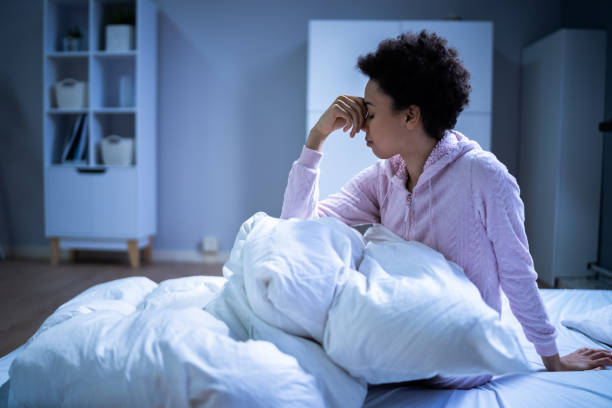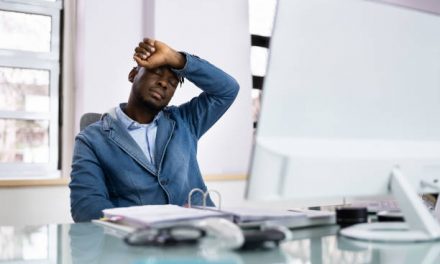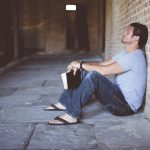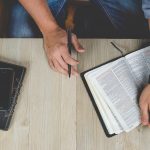Then he came to the disciples and said, “Go ahead and sleep. Have your rest...– Matthew 26:45 Sleep is a natural temporary state of rest during which an individual becomes physically inactive and unaware of the surrounding environment and many bodily functions such as breathing slow. [1] Everyone needs sleep in order to function properly. Even Jesus while on earth took out time to sleep (Mark 4:38). Sleep is essential for survival, as research shows that a chronic lack of sleep, or getting poor quality sleep, increases the risk of disorders including high blood pressure, cardiovascular disease, diabetes, depression, and obesity. [2] Lack of sleep is also associated with moodiness, lack of concentration, and sluggishness. [3] Sleep and wakefulness are influenced by different neurotransmitter signals in the brain; hence foods and medicines that change the balance of these signals affect whether we feel alert or drowsy and how well we sleep. [4] Caffeine and nicotine are known to stimulate wakefulness or an inability to sleep (insomnia). Though nicotine is mostly found in tobacco plants and products, caffeine is contained in common foods and drinks such as coffee, green tea, kola nuts, chocolate, some chewing gum and energy drinks. The National Sleep Foundation reports the effects of caffeine can cause problems falling asleep as much as 10-12 hours later in some people. Hence it is not advisable to take caffeine at night or late in the day. Smoking on the other hand should be avoided at all cost. According to the American Academy of Sleep Medicine (AASM) there are seven signs which indicate that you may need more sleep: [5] Jesus’s sleep in the boat is a reminder of not only His humanity while on earth but of ours. Jesus had just preached a series of sermons to a crowd prior to the storm that arose in Mark 4. The crowd that he preached to was so large that in order for him to have a vantage point, he had to stand in a boat that was pushed a short distance into water. As a human, Jesus grew so tired even to the point of exhaustion where He was not aware of the happenings around Him. Mark 4:37-38 tells us that a great windstorm arose, and the waves were breaking into the boat, so that the boat was already filling. But He was in the stern, asleep on the cushion. As we sojourn here on earth, we must remember that in as much as we are spirit beings, we are housed in a body (2 Cor 4:7) that needs to be continually renewed through sleep and rest. In the words of Charles Spurgeon –“The bow cannot be always bent without fear of breaking. Repose is as needful to the mind as sleep to the body… Rest time is not waste time. It is economy to gather fresh strength.” God Bless! REFERENCES
TTS
GO AHEAD AND SLEEP












Recent Comments